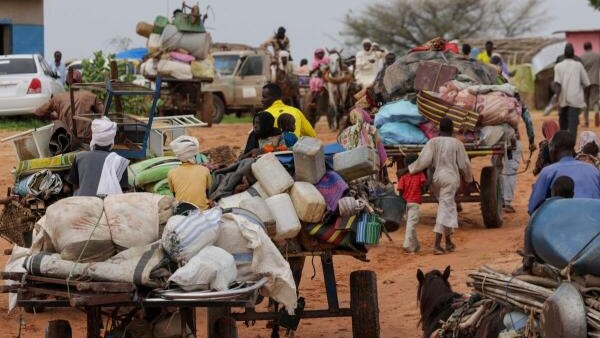At least 33 people were killed on Tuesday following a violent intercommunal clash over a water well in Chad, authorities confirmed on Wednesday. The deadly confrontation took place in a village straddling the western provinces of Bahr-El-Gazel and Hadjer-Lamis, highlighting the country’s ongoing struggle with resource-based conflicts.
According to a senior government adviser who spoke to AFP on condition of anonymity, “The dispute, which erupted over a well claimed by both communities, resulted in 33 deaths and several injuries.” Chad’s state broadcaster, ONAMA, first reported the incident, noting that tensions flared despite attempts by local leaders to mediate.
In response, the Chadian government dispatched several ministers, senior regional officials, and a contingent of the national army to the area in an effort to restore calm. However, local reports suggest the situation remains volatile. “Despite the presence of the authorities and the army, tensions are high on the ground,” a local source told AFP.
The latest clash echoes a troubling pattern of intercommunal violence that has plagued Chad’s rural regions for decades. A senior political figure recalled similar deadly incidents in the same area in 1999 and 2004, both sparked by disputes over land and access to water.
Chad, a vast Sahel nation frequently affected by drought and desertification, faces increasing pressure on its scarce natural resources. Competition over land, water, and livestock often fuels violence between communities, particularly during dry seasons when wells become vital lifelines.
Authorities have called for calm and urged both communities to engage in dialogue, but experts warn that without long-term solutions to resource scarcity, such clashes are likely to recur.
The tragedy underscores the urgent need for sustainable water management and stronger conflict resolution mechanisms in Chad’s rural areas, where access to basic resources often means the difference between life and death.

